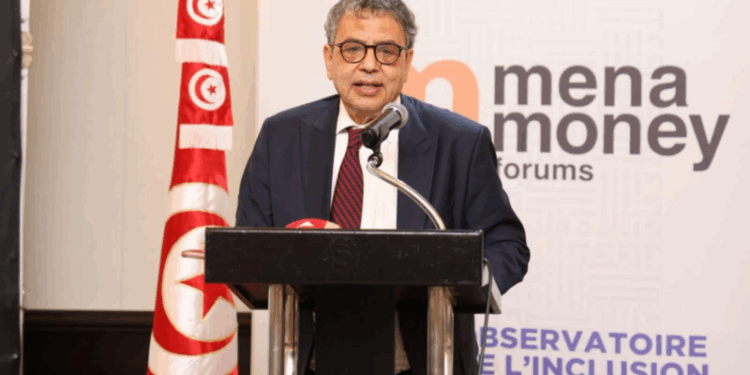Financial culture becomes a strategic imperative for the economic and social stability of the Arab world. This is the strong message from the governor of the central bank of Tunisia, Fethi Zouhair Nouri, when the 4th Arab Congress of Savings and Financial Culture was opened on July 2 and 3, 2025 in Tunis.
According to him, the low level of budgetary planning, the use of informal circuits and the lack of awareness of financial risks weaken social balance. “Wealth is not built only by resources, but by the conscience of their management,” he said, calling to integrate financial culture into school programs, adapt products to local realities and simplify access to financial services.
In a regional context marked by inflation, debt and banking crises, financial culture becomes, in its words, “a social security pillar”. He calls for a common Arabic vision in the face of economic challenges.
Ebrahim K. Ebrahim, executive president of Menamoney, said the urgency to educate citizens at all levels – family, institutions, governments – to consolidate the bases of stability. He pleads for the official introduction of culture and financial skills in national education systems.
For his part, Raja Dhamen, director at the Central Bank, insisted on the importance of training citizens capable of making informed financial decisions, contributing both to savings and family autonomy.
The Congress, organized by the Center for Observation of Financial Inclusion, brings together regulators, banks, fintechs and experts to establish an inclusive Arab roadmap, adapted to digital changes and social needs.








